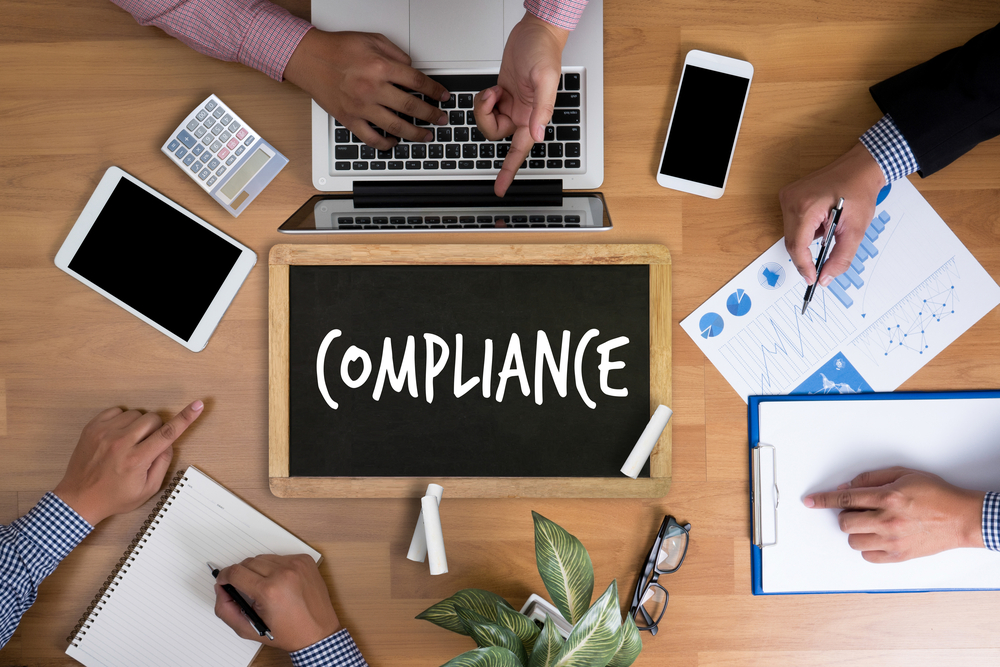Complying with regulations and standards has become ever more crucial in today’s fast-evolving business landscape, from data protection to financial transparency. Compliancia is a broad category of rules and guidelines that companies have to follow. In this article, we will discuss the importance of compliance, its difficulties, and practical implementation methods.

Introduction to Compliance
Compliance refers to the act of complying with rules, regulations, policies and standards established by external authorities or internal guidelines for business operations. This practice covers various areas such as legality, finances and ethics of operations.
Importance of Compliance in Business
Maintaining compliance is more than a legal necessity; it’s also a strategic imperative. Complying with regulations fosters trust with stakeholders, lowers risks, and builds reputation; noncompliance may incur steep fines, legal consequences and irreparable damage to an enterprise’s image.
Understanding Compliance Regulations
General Data Protection Regulation (GDPR)
GDPR is an ambitious regulation designed to strengthen and unify data protection for individuals across Europe. It places stringent requirements on how businesses collect, process, and store personal data.
Sarbanes-Oxley Act (SOX)
SOX was passed in an effort to promote improved corporate governance and financial transparency following several corporate accounting scandals. It mandates stringent standards for financial reporting and internal controls at publicly listed US companies, especially publicly held ones.
Health Insurance Portability and Accountability Act (HIPAA)
HIPAA stands for Health Insurance Portability and Accountability Act and establishes national standards to protect sensitive patient health information. HIPAA applies to healthcare providers, health plans, and clearinghouses; each must protect patients’ privacy while safeguarding medical data securely.
Key Components of an Effective Compliance Program
A strong compliance program comprises several essential elements:
Policies and Procedures
Comprehensive policies and procedures form the cornerstone of a compliance program, setting expectations and guidelines for employees to abide by.
Training and Education
Routine training sessions and educational programs help employees better understand their compliance obligations as well as stay abreast of changes to regulatory laws and guidelines.
Monitoring and Audits
Regular monitoring and audits help detect compliance gaps or deviations from established policies, enabling organisations to address any compliance deficiencies quickly.
Reporting and Investigation
Establishing mechanisms for reporting violations and conducting comprehensive investigations helps promote accountability and integrity within an organisation.
Benefits of Compliance
Compliancia can bring businesses many advantages, including decreased legal risks, enhanced brand value, enhanced operational efficiencies and greater customer trust and loyalty.
Challenges of Achieving Compliance
It can be a difficult feat to reach compliance due to constantly evolving regulations, complex business environments, resource limitations, and cultural differences within organisations.
Strategies for Achieving Compliance
To effectively navigate the complexity of compliance, organisations can employ these strategies:
Regular Risk Assessments
Regular risk evaluations help identify compliance-related threats and prioritise mitigation efforts.
Establish Clear Communication Channels
Establishing clear communication channels promotes transparency and encourages employees to raise any compliance issues without fear of reprisals from management.
Technology Solutions
Leveraging technology solutions such as compliance management software is an excellent way to simplify compliance processes, enhance monitoring capabilities and facilitate reporting and documentation processes.
Role of Leadership in Encouraging Compliance
Leadership plays a crucial role in creating an ethical culture within an organisation. By showing their dedication to compliance, providing adequate resources, and setting an example through their actions, leaders set the precedent for ethical behaviour and accountability within their workforce.
Compliancia in Different Industries
Compliance requirements vary across industries, with specific regulations designed to address sector-specific risks and challenges. Key industries, including healthcare, finance, and technology, all possess their own set of specific compliance considerations.
Future Trends in Compliance
With regulatory environments continuously shifting, organisations must remain alert and adapt quickly to emergent trends like an increase in cyber security awareness, environmental sustainability initiatives, and corporate social responsibility efforts.
Conclusion
Compliancia is an indispensable component of modern business operations that necessitates careful consideration from organisations of all sizes and industries. By making compliance a key strategic imperative and creating comprehensive compliance programs, businesses can protect their interests, build trust with stakeholders, and flourish within an increasingly complex regulatory landscape.





